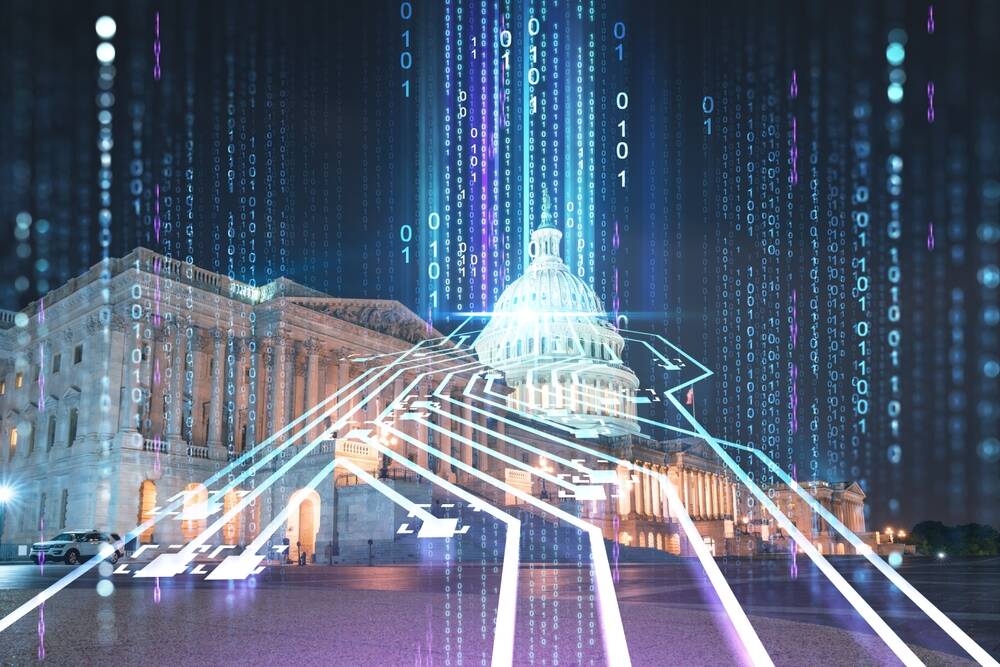US senators' AI roadmap aims for $32b in R&D spending

🌈 Abstract
The article discusses a roadmap proposed by a group of U.S. senators for driving innovation in artificial intelligence (AI). The roadmap calls for $32 billion in annual non-defense AI research and development funding, but it largely defers decisions on federal AI legislation to individual committees and lawmakers.
🙋 Q&A
[01] US Senators' AI Roadmap
1. What are the key elements of the AI roadmap proposed by the U.S. senators?
- The roadmap calls for $32 billion per year in non-defense AI research and development funding, to be phased in over several years.
- It presents other policy priorities such as enforcing existing laws for AI, addressing national security risks, examining election security threats, and promoting competition.
- The roadmap also calls for the creation of a federal data privacy framework, which the U.S. has long lacked.
- However, the roadmap largely defers decisions on federal AI legislation to individual committees and lawmakers, rather than proposing a comprehensive legislative package.
2. What are the criticisms of the roadmap?
- Critics argue that the roadmap reads like it was "written by Sam Altman and Big Tech lobbyists," focusing more on funding research and development rather than meaningful regulation of AI.
- There is a lack of discussion on the impact of AI on issues like policing, immigration, and workers' rights.
- The roadmap is also criticized for not seriously considering open-source AI products, which suggests a bias towards large tech companies like Microsoft, Amazon, and Google.
- Some argue that the roadmap is more interested in "currying favor with those who stand to profit from unfettered AI" rather than responsible regulation.
3. What are the challenges in passing AI legislation before the upcoming U.S. presidential election?
- With a presidential election looming, it's unclear if the House or Senate will be able to pass any meaningful AI legislation before November.
- Lawmakers up for re-election may want to avoid wading into a potentially controversial issue like AI regulation right before their constituents vote.
Shared by Daniel Chen ·
© 2024 NewMotor Inc.